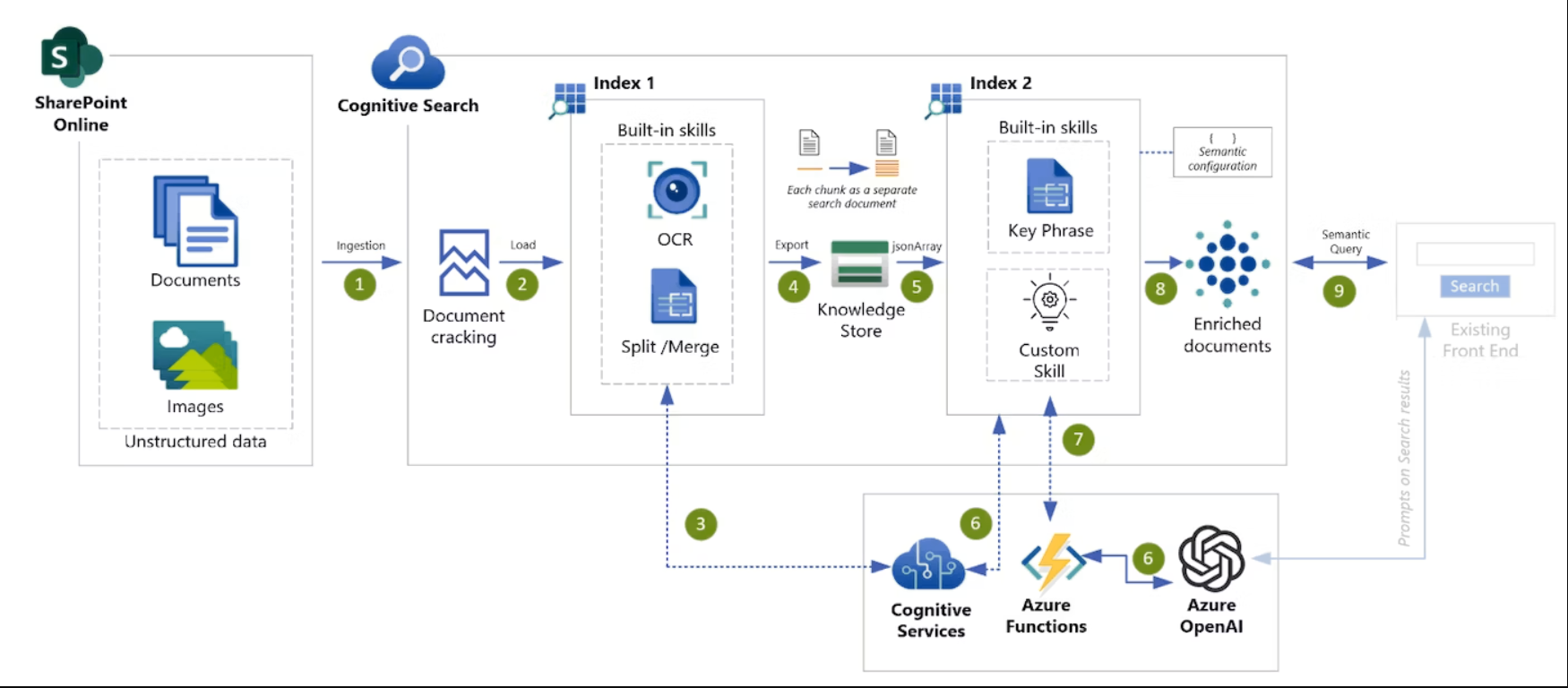Confronting The Love Monster: How To Handle Difficult Emotions In Relationships

Table of Contents
Identifying and Understanding Difficult Emotions
Before you can address difficult emotions in intimate relationships, you need to understand what you're dealing with. This involves recognizing the signs, exploring their roots, and differentiating between needs and wants.
Recognizing the Signs
Learning to identify the physical and emotional indicators of difficult emotions is crucial for managing them effectively. These can manifest in various ways:
- Physical Indicators: Increased heart rate, shortness of breath, muscle tension, headaches, stomach problems, changes in appetite.
- Emotional Indicators: Irritability, anxiety, sadness, frustration, anger, withdrawal, feelings of insecurity, difficulty concentrating.
- Behavioral Indicators: Increased alcohol consumption, changes in sleep patterns (insomnia or excessive sleeping), social isolation.
Recognizing emotional distress in yourself is the first step towards managing it constructively. Understanding these signs helps you pinpoint when you need to employ coping strategies.
Journaling and Self-Reflection
Understanding the why behind your feelings is just as important as understanding the what. Journaling and self-reflection provide valuable tools for this process.
- Daily Journaling: Regularly write about your experiences, emotions, and thoughts. Try to identify triggers and patterns in your emotional responses.
- Mindfulness Meditation: Practicing mindfulness helps you become more aware of your emotional state in the present moment without judgment. This increased self-awareness is key to understanding your reactions and responding more effectively to challenging situations.
Through journaling and mindfulness, you can gain valuable insights into your emotional responses, improving your emotional self-awareness and paving the way for better relationship conflict resolution.
Differentiating Between Needs and Wants
A vital aspect of managing difficult emotions in relationships is distinguishing between your emotional needs and your wants. Confusing the two can lead to frustration and resentment.
- Needs: These are fundamental requirements for emotional well-being, such as feeling safe, secure, loved, respected, and valued.
- Wants: These are desires or preferences, such as wanting your partner to constantly text you or wanting a specific type of gift.
For example, feeling insecure is a need for validation, while wanting your partner to constantly text you might be a want stemming from insecurity. Addressing the underlying need rather than focusing solely on the want is crucial for building a healthy relationship and fulfilling your emotional needs. This distinction is essential for effective healthy relationship communication.
Healthy Communication Strategies
Open and honest communication is the cornerstone of any healthy relationship. Employing effective strategies can significantly reduce conflict and foster understanding.
The Power of "I" Statements
Instead of blaming your partner, use "I" statements to express your feelings. This minimizes defensiveness and encourages constructive dialogue.
- Instead of: "You always make me feel ignored!"
- Try: "I feel ignored when I don't hear from you for a long time. I need more communication from you."
This shift in communication style improves effective communication techniques for couples and helps avoid escalating arguments. This is a key element of successful conflict resolution strategies.
Active Listening and Empathy
Truly hearing your partner’s perspective, even when you disagree, is vital. Practice active listening and empathy to foster understanding and connection.
- Reflective Listening: Summarize what your partner has said to ensure you understand their point of view. ("So, what I hear you saying is...")
- Empathy: Try to see things from their perspective and understand their feelings, even if you don't agree with them.
Developing empathy in relationships and improving your communication skills will enhance your ability to resolve conflicts peacefully and build a stronger bond.
Seeking Professional Help
Sometimes, navigating difficult emotions in relationships requires professional guidance. Don't hesitate to seek help from a therapist or counselor.
- Benefits of Therapy: Therapists provide a safe space to explore your emotions, develop coping mechanisms, improve communication skills, and gain insights into relationship dynamics. They can also help you address underlying issues contributing to relationship problems.
Seeking relationship counseling or couples therapy is a sign of strength, not weakness. It’s a proactive step towards building a healthier relationship. Access to professional help for relationship issues can be transformative.
Setting Boundaries and Managing Expectations
Healthy boundaries and realistic expectations are essential for a thriving relationship.
Defining Personal Boundaries
Understanding and communicating your limits is crucial for maintaining your well-being and respecting your partner's boundaries.
- Examples: Setting limits on time spent together, defining acceptable behavior, communicating your comfort levels regarding physical intimacy, establishing personal time.
Clearly defined healthy relationship boundaries prevent resentment and foster mutual respect.
Realistic Expectations
No relationship is perfect. Maintaining realistic expectations is crucial for avoiding disappointment and conflict.
- Tips: Focus on realistic goals, avoid unrealistic romantic ideals often portrayed in media, accept imperfections in yourself and your partner, communicate openly about your needs and expectations.
Managing relationship expectations is a continuous process requiring self-awareness and communication.
Forgiveness and Self-Compassion
Learning to forgive yourself and your partner for mistakes is vital for emotional healing and relationship growth.
- Benefits of Forgiveness: Reduces resentment, improves relationship satisfaction, promotes emotional healing, strengthens the bond between partners. Forgiveness isn't condoning bad behavior, but it's releasing the negativity that prevents moving forward.
Cultivating self-compassion allows you to approach challenges with empathy and understanding. This, along with forgiveness in relationships, is essential for emotional resilience and building a strong and lasting relationship.
Conclusion
Confronting difficult emotions in relationships is a journey, not a destination. By understanding your emotions, practicing healthy communication, setting clear boundaries, and fostering self-compassion and forgiveness, you can navigate the challenges of love and build a stronger, more fulfilling partnership. Remember, seeking professional help is a sign of strength, not weakness. Don't let those "love monsters" control your relationship. Take control and build the strong, healthy connection you deserve by actively working on managing difficult emotions in your relationships.

Featured Posts
-
 Anchor Brewings Closure A Legacy Lost After 127 Years
May 21, 2025
Anchor Brewings Closure A Legacy Lost After 127 Years
May 21, 2025 -
 B 3 1
May 21, 2025
B 3 1
May 21, 2025 -
 Arne Slot On Liverpools Fortune Luis Enrique Weighs In On Alisson
May 21, 2025
Arne Slot On Liverpools Fortune Luis Enrique Weighs In On Alisson
May 21, 2025 -
 Espn Uncovers The Key To The Bruins Transformative Offseason
May 21, 2025
Espn Uncovers The Key To The Bruins Transformative Offseason
May 21, 2025 -
 The Rise Of Femicide Causes And Consequences
May 21, 2025
The Rise Of Femicide Causes And Consequences
May 21, 2025
Latest Posts
-
 T Mobile To Pay 16 Million Following Three Years Of Data Security Issues
May 21, 2025
T Mobile To Pay 16 Million Following Three Years Of Data Security Issues
May 21, 2025 -
 T Mobile Hit With 16 Million Fine For Data Breaches Spanning Three Years
May 21, 2025
T Mobile Hit With 16 Million Fine For Data Breaches Spanning Three Years
May 21, 2025 -
 Revolutionizing Voice Assistant Development Open Ais New Tools
May 21, 2025
Revolutionizing Voice Assistant Development Open Ais New Tools
May 21, 2025 -
 Exec Office365 Breach Nets Millions For Hacker Fbi Says
May 21, 2025
Exec Office365 Breach Nets Millions For Hacker Fbi Says
May 21, 2025 -
 Podcast Revolution Ais Role In Transforming Repetitive Scatological Text
May 21, 2025
Podcast Revolution Ais Role In Transforming Repetitive Scatological Text
May 21, 2025
